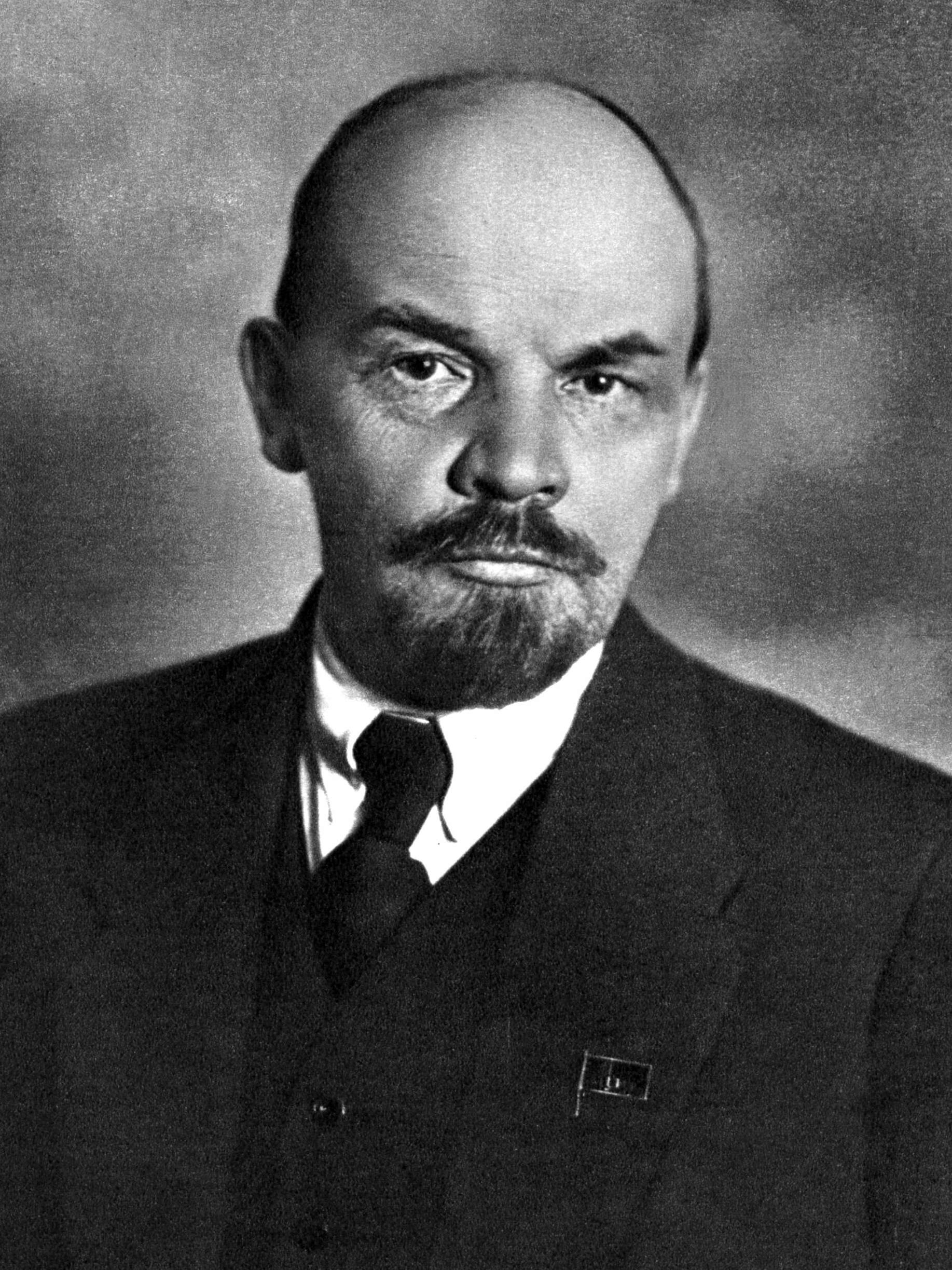New Economic Policy

The New Economic Policy (NEP) was an economic policy of the Soviet Union proposed by Vladimir Lenin in 1921 as a temporary expedient. Lenin characterized the NEP in 1922 as an economic system that would include "a free market and capitalism, both subject to state control", while socialized state enterprises would operate on "a profit basis".
The NEP represented a more market-oriented economic policy (deemed necessary after the Russian Civil War of 1918 to 1922) to foster the economy of the country, which had suffered severely since 1915. The Soviet authorities partially revoked the complete nationalization of industry (established during the period of war communism of 1918 to 1921) and introduced a mixed economy which allowed private individuals to own small and medium-sized enterprises, while the state continued to control large industries, banks and foreign trade. In addition, the NEP abolished forced grain-requisition and introduced a tax on farmers, payable in the form of raw agricultural product. The Bolshevik government adopted the NEP in the course of the 10th Congress of the All-Russian Communist Party (March 1921) and promulgated it by a decree on 21 March 1921: "On the Replacement of grain-requisition by food tax". Further decrees refined the policy. Other policies included monetary reform (1922–1924) and the attraction of foreign capital.
Joseph Stalin abandoned the NEP in 1928 and introduced collectivisation. Following this the USSR experienced a mass famine.
Wikipedia
This article contains information imported from the English Wikipedia. In most cases the page history will have details. If you need information on the importation and have difficulty obtaining it please contact the site administrators.
Wikipedia shows a strong woke bias. Text copied over from Wikipedia can be corrected and improved.